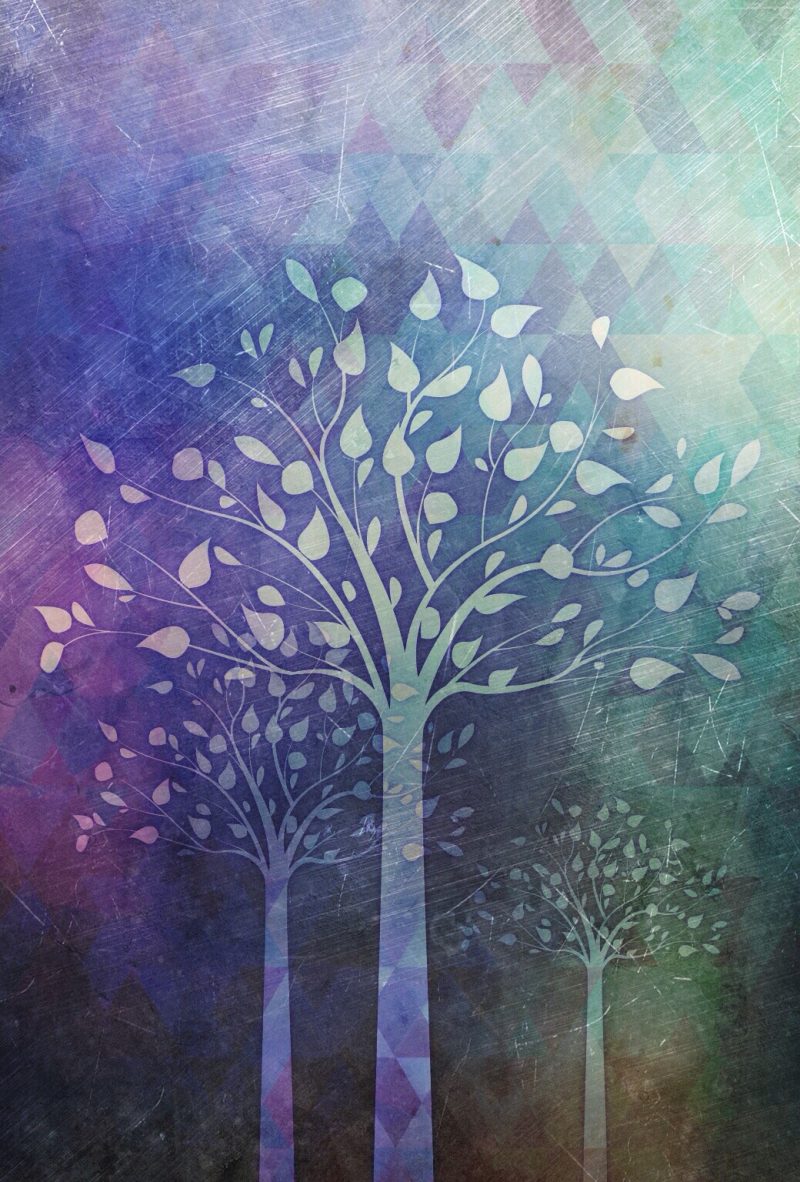Photo Roulette Google Photos
Photo Roulette picks random photos from you and your friends’ phones. You compete to guess whose photo is shown. Get ready to be reminded of awesome memories. Official Google Photos Help Center where you can find tips and tutorials on using Google Photos and other answers to frequently asked questions. Google Photos Help. Get photo prints from Google Photos. Troubleshoot problems with photo prints. Manage your Google. Download Roulette wheel stock photos. Affordable and search from millions of royalty free images, photos and vectors. The most comprehensive image search on the web. Key features of Photo Roulette. Guess who is shown in the photo. Updated on Nov 29, 2020; Photo Roulette APK is available for free download; App description by Photo Roulette AS. In Photo Roulette you compete with your friends to quickly guess whose photo is shown. Play with random photos from you and your friends' phones in this social.

Photo Roulette Google Photoshop
Selfies are being ripped apart by an AI-driven web experiment that uses a huge image database to classify pictures of people.
From 'timid defenceless simpleton' to 'insignificant student', the online project ImageNet Roulette has handed out brutal assessments to an increasingly long list of users keen to experiment.
The web page launched as part of Training Humans, a photography exhibition conceived by Professor Kate Crawford and artist Trevor Paglen.

Photo Roulette Apkpure
Ever wonder how algorithms trained on human classification categories type you? Thanks to this new tool from @katecrawford and @trevorpaglen’s “Training Humans” project now you can: https://t.co/ESrpzyjtxU
— J.D. Schnepf (@jd_schnepf) September 15, 2019weird flex but ok #imagenetpic.twitter.com/0EWCoZzmhz
— Chid Gilovitz (@chidakash) September 16, 2019Photo Roulette Code
The gallery contains several collections of pictures used by scientists to train AI in how to 'see and categorise the world', and ImageNet Roulette is based on this research.
The tech has been trained using the existing ImageNet database and is designed to be a 'peek into the politics of classifying humans in machine learning systems and the data they are trained on'.
It has since gone viral on social media, with huge numbers of users ignoring a warning that the AI 'regularly classifies people in dubious and cruel ways'.

While some have been left flattered by being assigned descriptors like 'enchantress', others have been told they fall into categories like 'offender' and 'rape suspect'.
More from Science & Tech
I am flattered by ImageNet's classification of me pic.twitter.com/6yHE3vESyZ
Photo Roulette Computer
— sᴛᴇʟʟᴀ (@computerpupper) September 16, 2019📯 mortal soul, available for recitals.
(via ImageNet https://t.co/6wDgGC9cXH) pic.twitter.com/jWwIRtqyeu
Photo Roulette Google Photos Online
— Craig (@craig88) September 16, 2019In a bid to explain why people might receive unflattering designations, a post on the site says they are all based on existing data already assigned to pictures in the ImageNet database.
The original database was developed in 2009 by scientists at Princeton and Stanford universities in the US, and has since assigned more than 20,000 categories across millions of images.
ImageNet Roulette is 'meant in part to demonstrate how various kinds of politics propagate through technical systems, often without the creators of those systems even being aware of them'.

Hmmm. Not sure what I make of this ImageNet algorithm... pic.twitter.com/PTCVevgfCJ
— Thomas Maidment (@maidment_thomas) September 16, 2019The page also states that it 'does not store the photos people upload or any other data' - reassuring those who may have been put off by privacy concerns surrounding other recent picture-driven internet phenomena.
Photo Roulette Pin
Earlier this year, hundreds of thousands of people began to share their photos from FaceApp, which alters selfies to make them look older, younger, or to change their gender or hair style.
Some users expressed fears over its terms and conditions allowing the app to collect data from phones, and a claim that its parent company was based in Russia and had received funds from the Russian government.